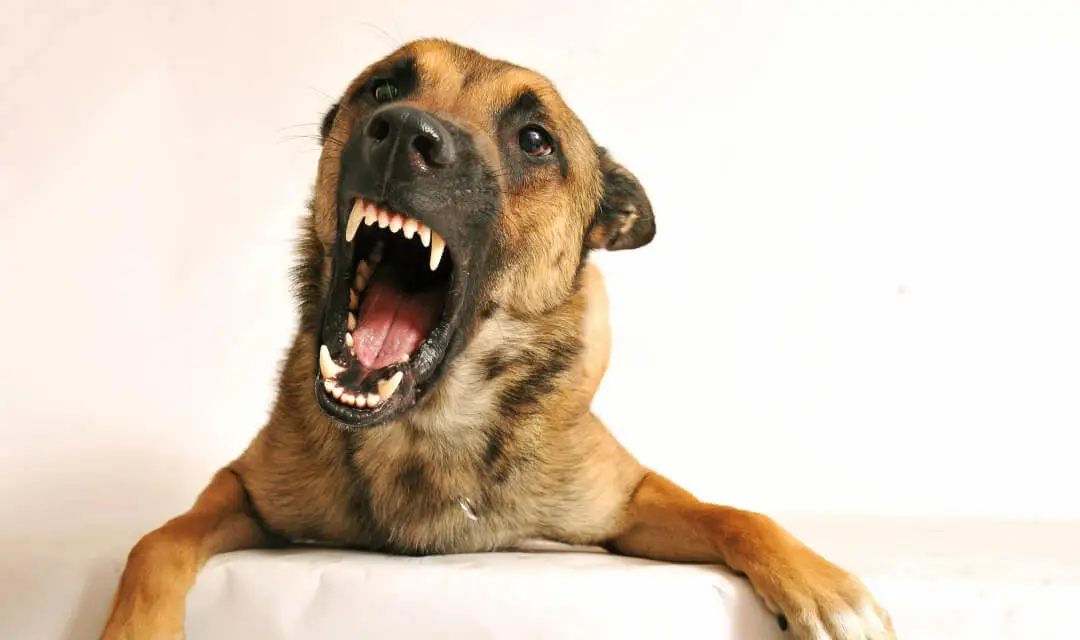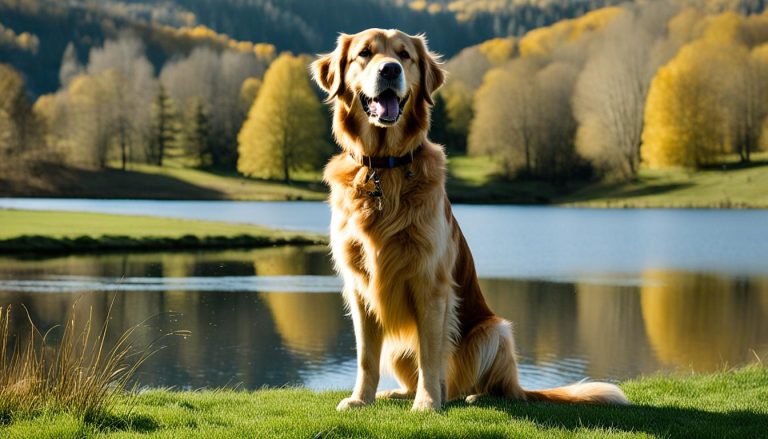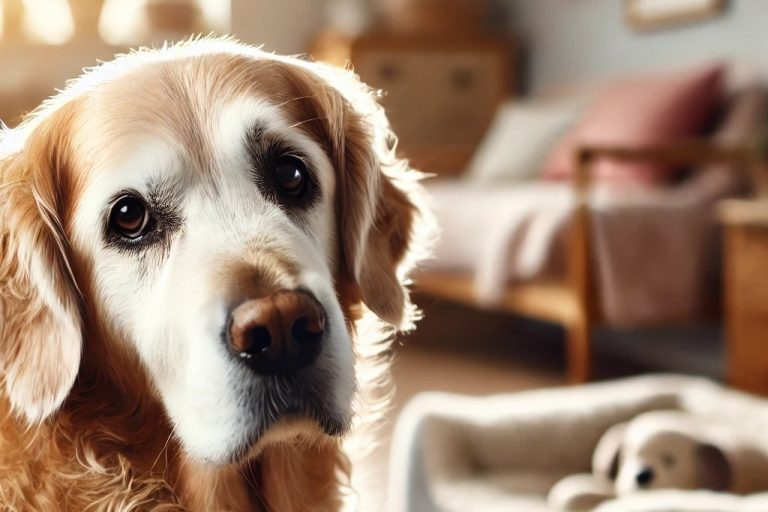An aggressive dog, no matter how much we may love and cherish him, can become a real problem if he is not handled properly. If he becomes dangerous and bad-tempered despite the affection and attention he receives every day, something is wrong.
Let’s analyze together the causes and possible solutions
Let’s start by saying that a certain degree of dog aggression is within the norm: dogs are pack animals, belonging to a group within which a hierarchy is formed, so we must start by taking into account that this aspect is part of him: it is no coincidence that we talk about dominant dogs and subordinate dogs!
Dominant dogs have a lively temperament, are the most resistant to human authority and usually most problematic.
The dog becomes aggressive to maintain control as a leader, to protect its pack, and to punish subordinates. Simply put: dominant dogs are unlikely to be bossed around by their masters.
Primary socialization, that is, that period from the puppy’s birth to two months of age, is another aspect to consider since it is the mother who teaches discipline to the most spirited puppies (and in fact, a mother should never separate a puppy from her puppy before the puppy is two months old).
We can list below common nonmedical causes of aggressive behavior:
~ Fear and Stress
~ Traumatic past experiences that have not been overcome.
Important is to know that no dog is born aggressive; aggression stems from something around him and therefore stems completely from the outside, whether pathological or psychological.
When aggressive behavior occurs, it would be good to check in detail (if that is possible) how the incident unfolded and what triggered that particular reaction in our dog.
Usually aggression does not happen by accident. The major fault (if you can call it that ) lies in the fact that very often we do not recognize the signals emitted by dogs that show discomfort or problems.
Very often, in fact, stress symptoms in dogs are ignored and consequently their causes are not analyzed.
Common stress symptoms in dogs are: tense body, slow movements, repeated yawning, low ears. The best solution (to avoid further mistakes by acting alone) would be to rely on a professional trainer to help humans get in touch with this problem and overcome it.
One should never minimize aggressive incidents and think that they are temporary and of little importance because this is never the case. Very often in fact, tragic events happen precisely because of this underestimation of the problem leading to tragic incidents often with no return.
No less problematic (but indeed very worrisome) are aggressive dog episodes due to genuine health problems.
From a medical point of view, the causes may be:
~ Cushing’s disease
~ Hypothyroidism
~ Connective tissue tumors.
~ Urinary system infections
~ Hip dysplasia
~ Arthritis
~ Neurological Problems
In this case, the veterinarian is the best person to turn to , the only one who really helps and who should be trusted.
To sum up, both trainers and veterinarians must become our allies in coping with this problem, and their presence is indispensable to monitor the health of our four-legged friend to make him well and for us to be well together with him.
Let’s not forget about the periodic check-ups and vaccines they need, and whatever help they need it is we, as owners, who must protect them and take care of them every day and regardless of cost.
Having a dog is often a joy but it is also quite a responsibility!







